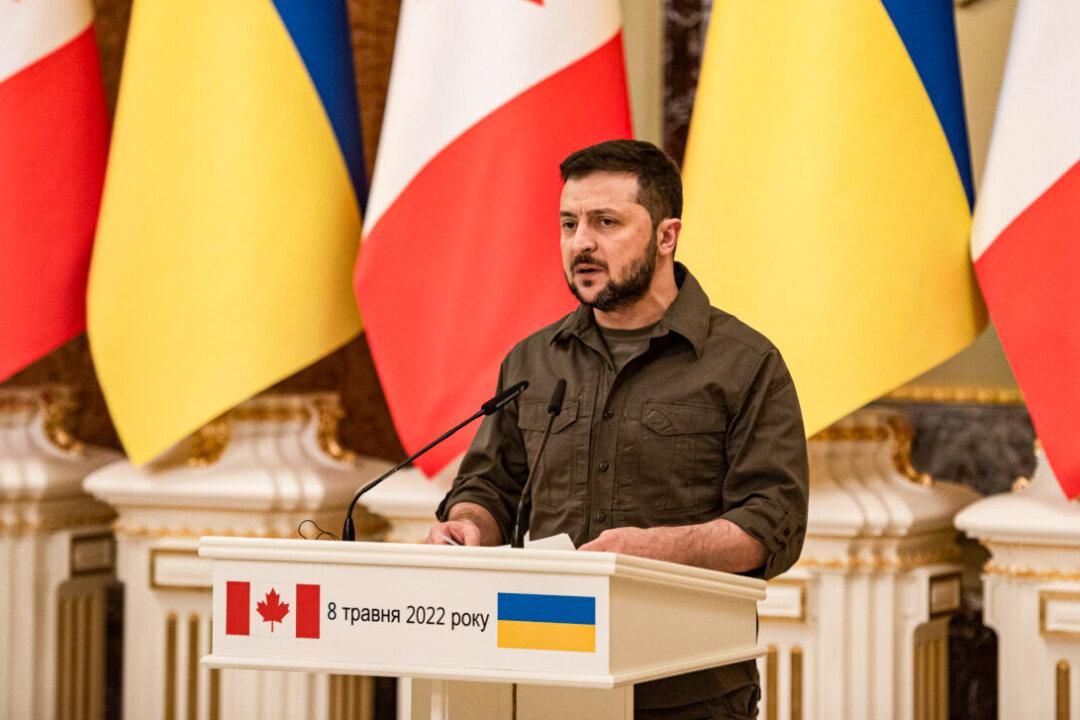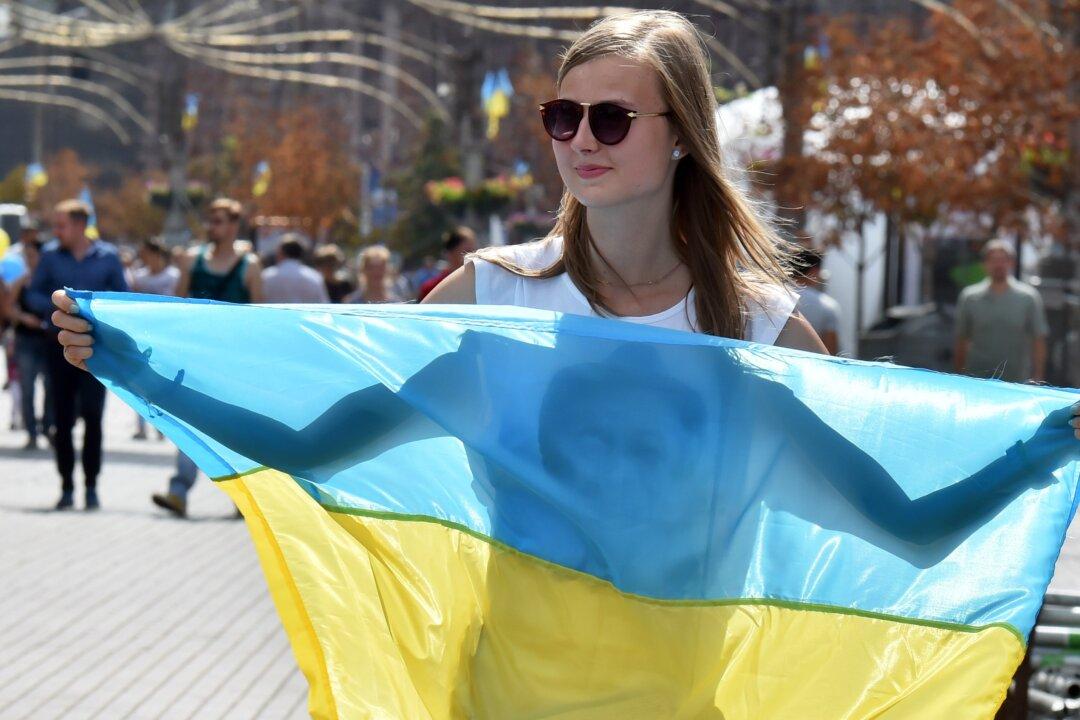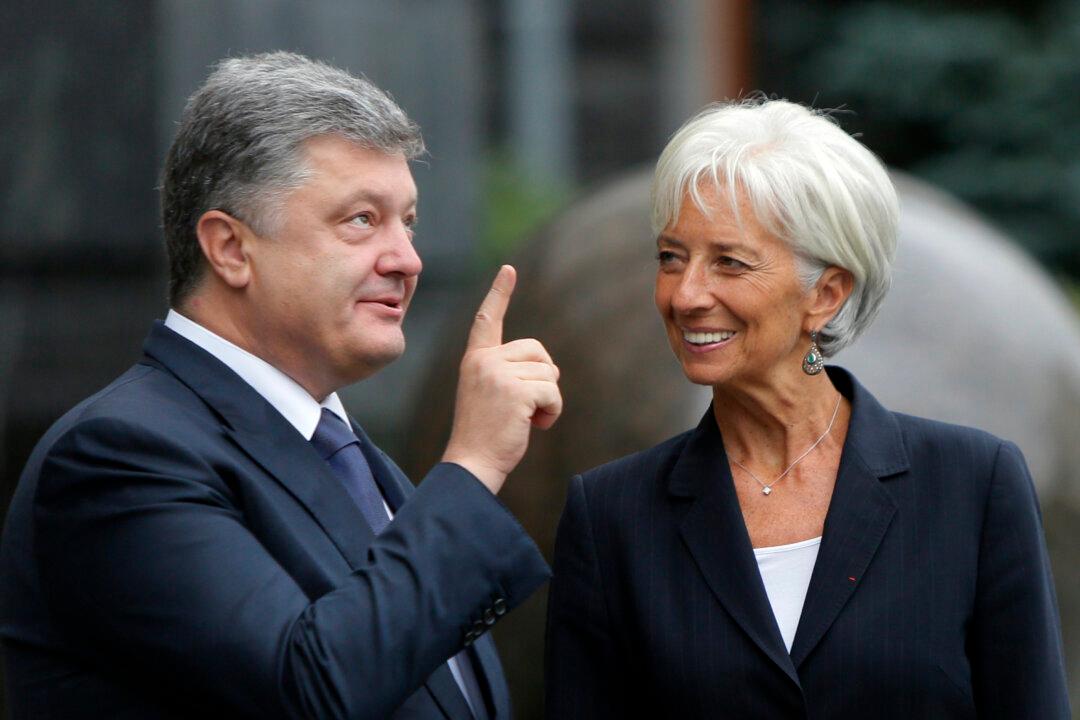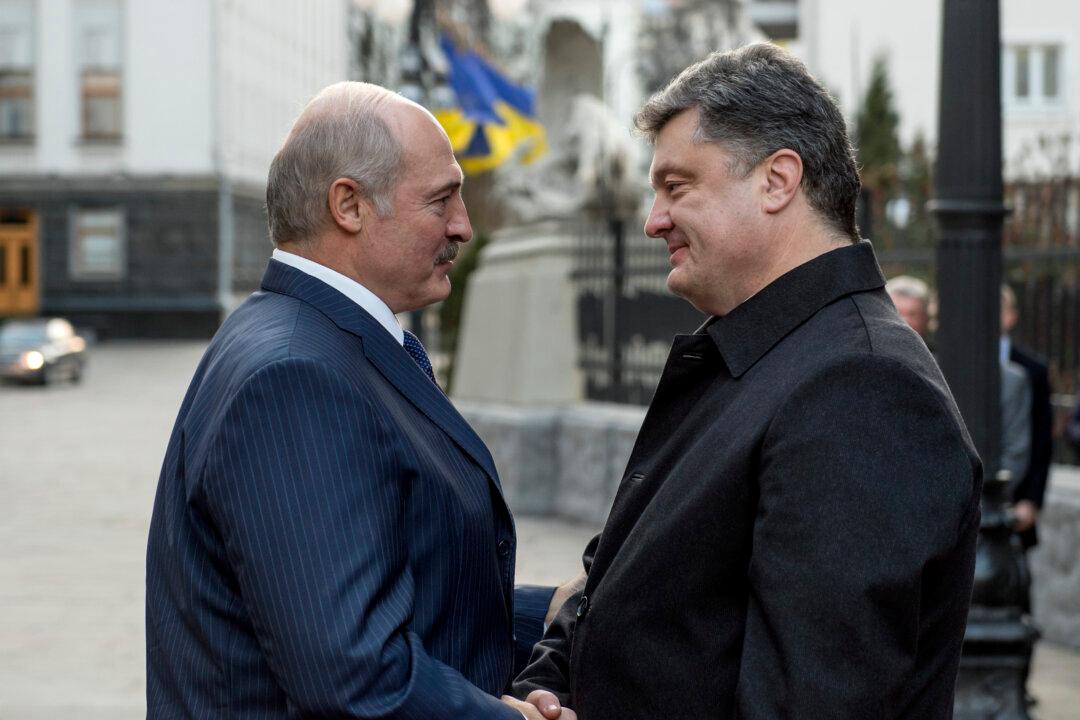Focus
Ukrainian economy
LATEST
Ukraine Faces Years of Dependence on Western Aid
Looking on from her vegetable patch at the motorcade of U.S. Secretary of Commerce Penny Pritzker, Ukrainian villager Olha Voloshchenko says she'd seen the lady on the TV news the night before, but “then the lights went off at our place.”
|
IMF to the Aid of Ukraine: Well-Intended, but Misguided
Ukraine, battling separatists and demands for autonomy in its eastern regions, confronts a debt crisis. The International Monetary Fund approved $17.5 billion over four years and also called for another debt operation. After five months of negotiations, Ukraine received another $15.3 billion, including a 20 percent “haircut” in the $18 billion of bonds held by the private creditors. More than three quarters of the country’s 2015 external debt is privately held “Agreement may have been reached but that should not mask the fact that, like much of the IMF program, the ‘debt operation’ is misguided, a short-term fix that will prove to be costly over the longer term,” argues David R. Cameron, professor of political science and the director of Yale’s Program in European Union Studies. The structure of the deal could delay structural reforms and discourage investors. Cameron expresses doubt that Ukraine’s economy will grow at rates as predicted by the IMF and anticipates additional bailouts will be needed. He points out that the United States and the European Union have a strong geopolitical interest in Ukraine.
|
Ukraine Drops Nonaligned Status
The Ukrainian president has signed a bill dropping his country’s nonaligned status but signaled that he will hold a referendum before seeking NATO membership.
|
Ukraine Faces Years of Dependence on Western Aid
Looking on from her vegetable patch at the motorcade of U.S. Secretary of Commerce Penny Pritzker, Ukrainian villager Olha Voloshchenko says she'd seen the lady on the TV news the night before, but “then the lights went off at our place.”
|
IMF to the Aid of Ukraine: Well-Intended, but Misguided
Ukraine, battling separatists and demands for autonomy in its eastern regions, confronts a debt crisis. The International Monetary Fund approved $17.5 billion over four years and also called for another debt operation. After five months of negotiations, Ukraine received another $15.3 billion, including a 20 percent “haircut” in the $18 billion of bonds held by the private creditors. More than three quarters of the country’s 2015 external debt is privately held “Agreement may have been reached but that should not mask the fact that, like much of the IMF program, the ‘debt operation’ is misguided, a short-term fix that will prove to be costly over the longer term,” argues David R. Cameron, professor of political science and the director of Yale’s Program in European Union Studies. The structure of the deal could delay structural reforms and discourage investors. Cameron expresses doubt that Ukraine’s economy will grow at rates as predicted by the IMF and anticipates additional bailouts will be needed. He points out that the United States and the European Union have a strong geopolitical interest in Ukraine.
|
Ukraine Drops Nonaligned Status
The Ukrainian president has signed a bill dropping his country’s nonaligned status but signaled that he will hold a referendum before seeking NATO membership.
|






